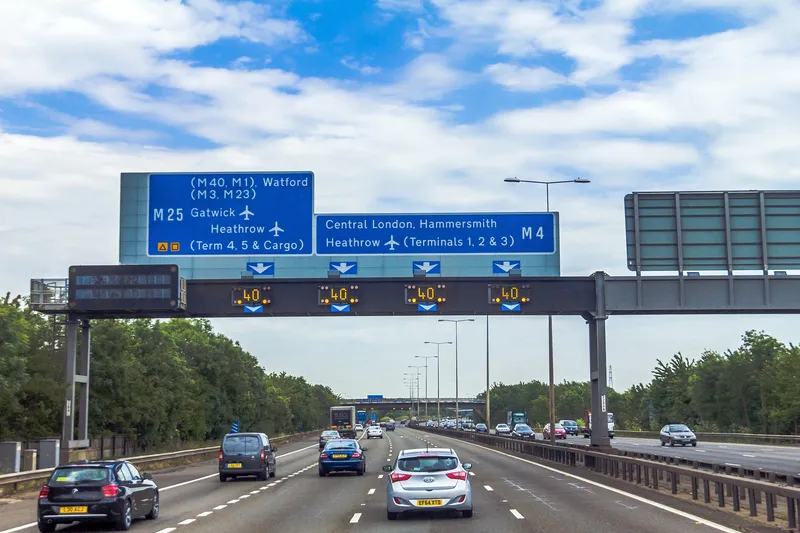Highways England (HE) is to invest US$213.5 million (£150 million) on new technology, including trials of driverless car technology on motorways.
As part of its innovation strategy, HE may introduce a connected corridor, or ‘wi-fi road’, which could see cars and infrastructure wirelessly connected, with drivers receiving news of advanced road closures or congestion warnings. The strategy also includes trialling radar technology on motorways and in tunnels to improve the way breakdowns are detected.
A
April 11, 2016
Read time: 2 mins
As part of its innovation strategy, HE may introduce a connected corridor, or ‘wi-fi road’, which could see cars and infrastructure wirelessly connected, with drivers receiving news of advanced road closures or congestion warnings. The strategy also includes trialling radar technology on motorways and in tunnels to improve the way breakdowns are detected.
As part of the strategy, HE will also join a trial that would see journey information sent wirelessly to specially adapted vehicles on the A2/M2 between London and Kent.
It also plans to ensure that trials are being undertaken for autonomous vehicles on motorways by the end of next year, to start to collect real world data on performance and potential impacts on capacity and operations.
The strategy also includes trialling radar technology on motorways and in tunnels to improve breakdown detection, as well as the possibility of improving the signalling of junctions on motorways to increase traffic flows and the development of ‘expressways’ on A-roads to encourage more free-flowing traffic.
Highways England chief executive Jim O’Sullivan said: “We’re committed to using innovation to benefit the millions of journeys made on England’s Strategic Road Network today and in the future. We will work with our partners in the supply chain, technology specialists and the automotive industry to trial new technologies that will help make journeys on our roads safer, more reliable and better informed.
“This will involve supporting trials of better connected and autonomous vehicles on our motorways by the end of next year, testing radar technology to better detect breakdowns, and trialling fuel price signs on the M5 between Bristol and Exeter.”








